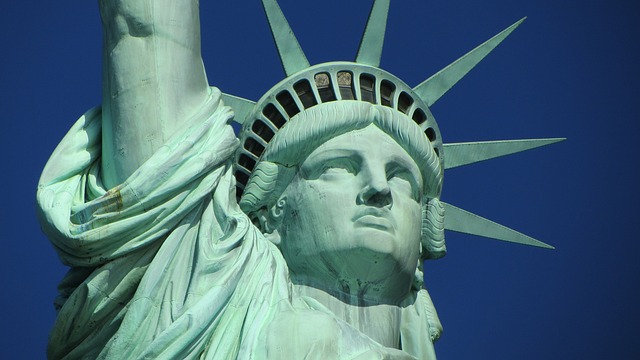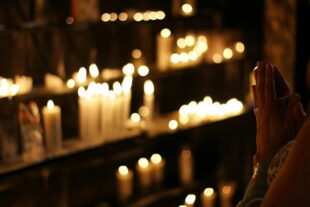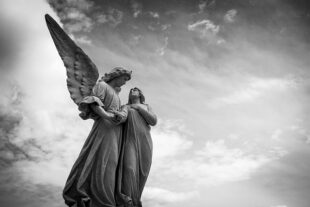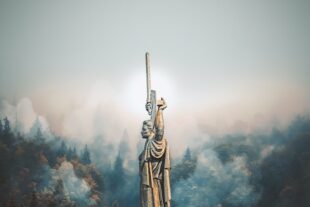
The United States, originally founded on the principles of religious freedom, remains fertile ground for the interaction of religion and politics. Religious organizations play an important role in the political process and the formation of legislation in the United States. In this article, we will discuss how religious organizations influence politics and legislation in the country.
- Voter Mobilization
Religious organizations have a huge base of supporters and believers, which makes them a powerful tool for voter mobilization. Church leaders and clergy can reach out to their parishioners and encourage them to vote in accordance with certain religious beliefs. This can influence election results and political decisions.
- Lobbying and influencing legislation
Religious groups are active in lobbying at the federal and state levels. They may support bills related to religious issues such as religious freedom, the fight for the right to life (anti-abortion), and other moral and ethical issues. Religious lobbyists can influence the passage or rejection of legislation.
- Impact on public opinion
Religious organizations play an important role in shaping public opinion. They can use their pulpits, internet resources, and other means of communication to disseminate their views on various political and social issues. This promotes discussion and influences the degree of support or opposition to certain political activities.
- Religious freedom and the judicial system
The U.S. Constitution guarantees religious freedom, and the judicial system plays a key role in protecting that freedom. Religious organizations can file lawsuits and engage in litigation to protect their rights and principles.
- Ethical dilemmas and balance of interests
The influence of religious organizations on politics is not always without conflict. There is an ongoing discourse on how to accommodate the interests of believers while maintaining the separation of church and state as provided for in the Constitution. Politicians and lawmakers must try to find a balance between different faiths and interests to ensure a fair and just society.
In conclusion, religion continues to play a significant role in U.S. politics and legislation. Religious organizations can mobilize voters, lobby for their interests, influence public opinion, and participate in litigation. It is important, however, to recognize the separation of church and state and to respect the religious liberty rights of all citizens.





